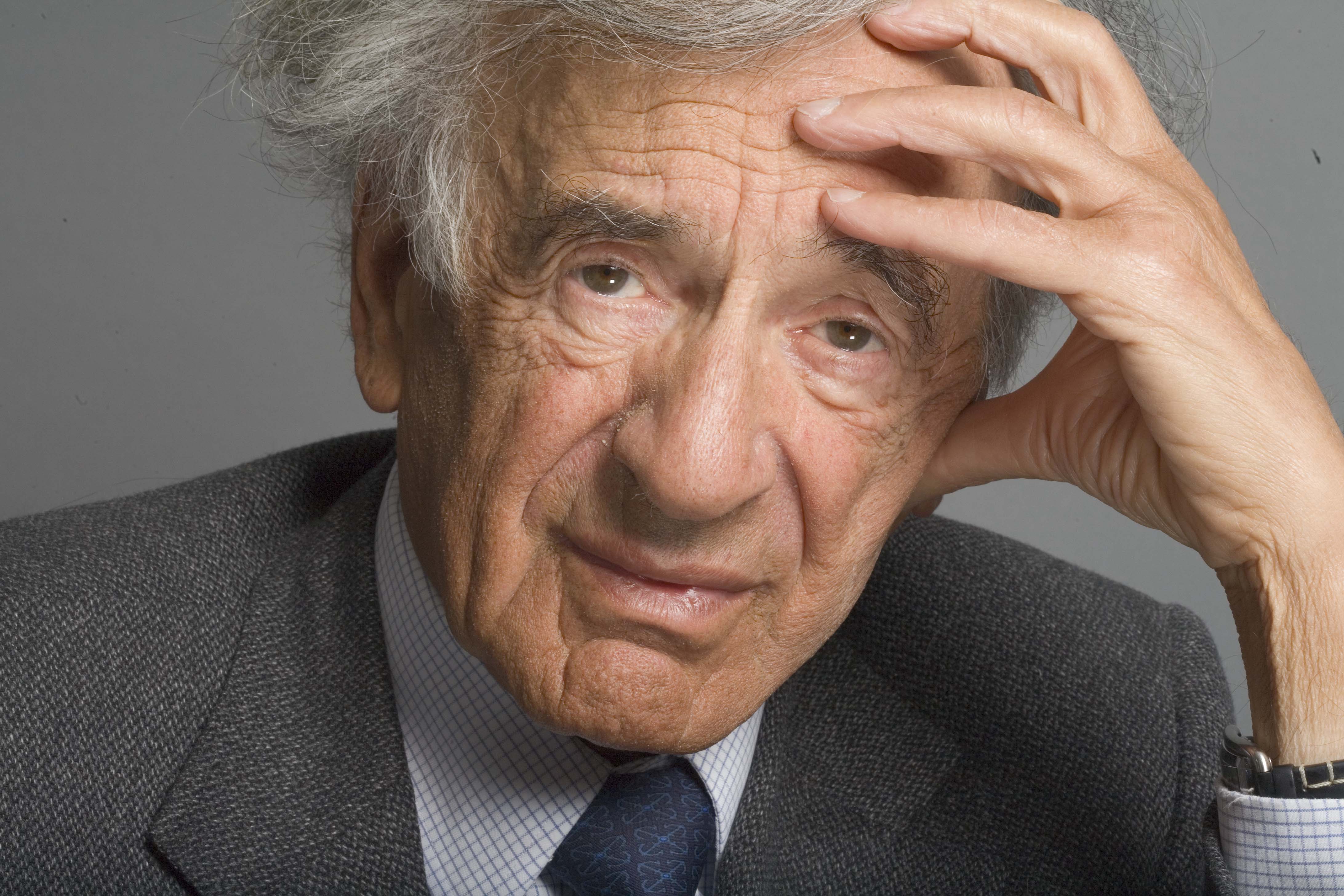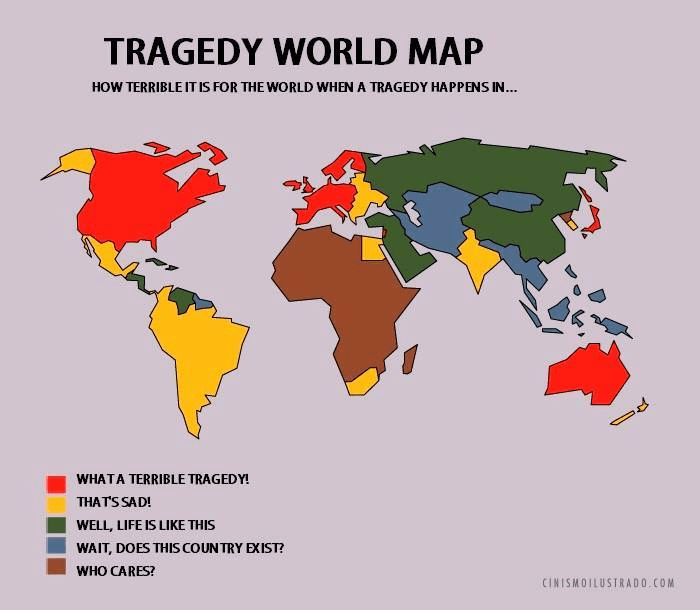According to Jewish tradition, the Jewish people’s Holy Temple in Jerusalem was twice destroyed on the ninth day of the Jewish month of Av. Yesterday (July 24th), observant Jews fasted to mark the beginning of a three week mourning period which concludes on August 14th with the Jewish holiday of Tisha B’Av.
This concept of fasting and mourning the destruction of the temple is deeply rooted in Jewish tradition. The late Elie Wiesel’s thoughts on remembrance can help explain why such a solemn commemoration day for such an ancient day of tragedy is so important to many Jews. The following is an excerpt from Elie Wiesel’s 2003 Day of Holocaust Remembrance address:
But is remembrance enough? What does one do with the memory of agony and suffering? Memory has its own language, its own texture, its own secret melody, its own archeology and its own limitations: it too can be wounded, stolen and shamed; but it is up to us to rescue it and save it from becoming cheap, banal, and sterile.
To remember means to lend an ethical dimension to all endeavors and aspirations.
So too does Jewish tradition hold the belief that remembrance and taking a day to consciously remember tragedy is important. According to tradition, the destruction of the Temple symbolized the disintegration and disunity of the Jews as a people. Before its destruction, the Temple was the embodiment of serving God but also of overall unity of the Jews as a peaceful nation in the world.
To remember the Temple’s existence as well as its destruction on Tisha B’Av is a way for Jews to reflect on their faults as well as their endeavors and aspirations as a people.
According to Elie Wiesel’s explanation on the importance of remembrance, it seems the world could use such a day or moment as well to reflect on all current global destruction.

Upon receiving the Nobel Peace Prize in 1986, Elie Wiesel spoke about the importance of remembering before tragedy is repeated and terror is multiplied:
Remembering is a noble and necessary act. The call of memory, the call to memory, reaches us from the very dawn of history. No commandment figures so frequently, so insistently, in the Bible. It is incumbent upon us to remember the good we have received, and the evil we have suffered…the rejection of memory becomes a divine curse, one that would doom us to repeat past disasters, past wars.
If we wish to stop terror, to take actions to better society against the evils of the world, Elie Wiesel’s words suggest that humans must first remember and fully understand past tragedies and disasters. People may think terrorism, hunger, or racism will disappear from the world but history proves they horrifically continue without us even noticing before its too late.

In the same Nobel Peace Prize lecture, Elie Wiesel said the following:
If someone had told us in 1945 that in our lifetime religious wars would rage on virtually every continent, that thousands of children would once again be dying of starvation, we would not have believed it. Or that racism and fanaticism would flourish once again, we would not have believed it…How to explain this defeat of memory?
How to explain any of it…the outrage of terrorism: of the hostages in Iran, the coldblooded massacre in the synagogue in Istanbul, the senseless deaths in the streets of Paris. Terrorism must be outlawed by all civilized nations – not explained or rationalized, but fought and eradicated. Nothing can, nothing will justify the murder of innocent people and helpless children.
It is scary how relevant his words are still today. Between racism still being fought against by the Black Lives Matter movement in the US, between innocent people still being killed by terrorism on the streets of Paris, and between a massacre in the Istanbul airport, history is terrifyingly repeating itself as Elie Wiesel testified in 1986.
Incredibly discouraging, modern-day global troubles are not to be overlooked. As Elie Wiesel explained, remembrance is of upmost importance. Before confronting and hopefully improving the state of the current world, history is there to remind us what we are fighting against and striving to prevent in the world we live in.
Contributed by CAMERA Intern Penina Simkovitz
